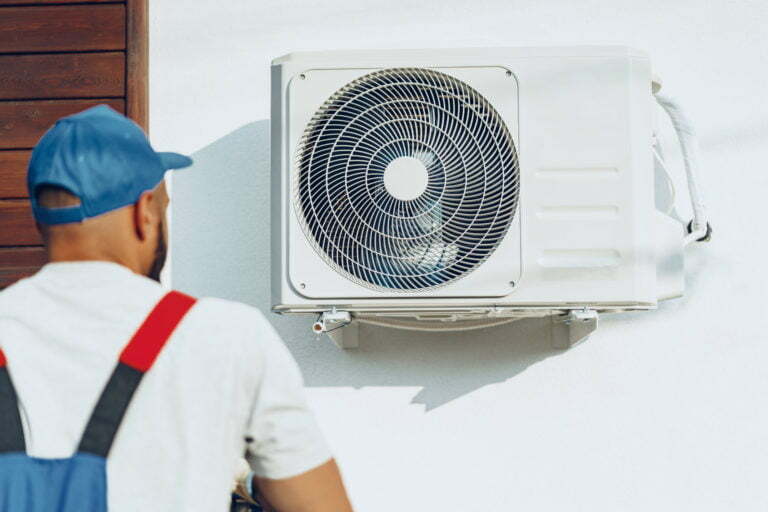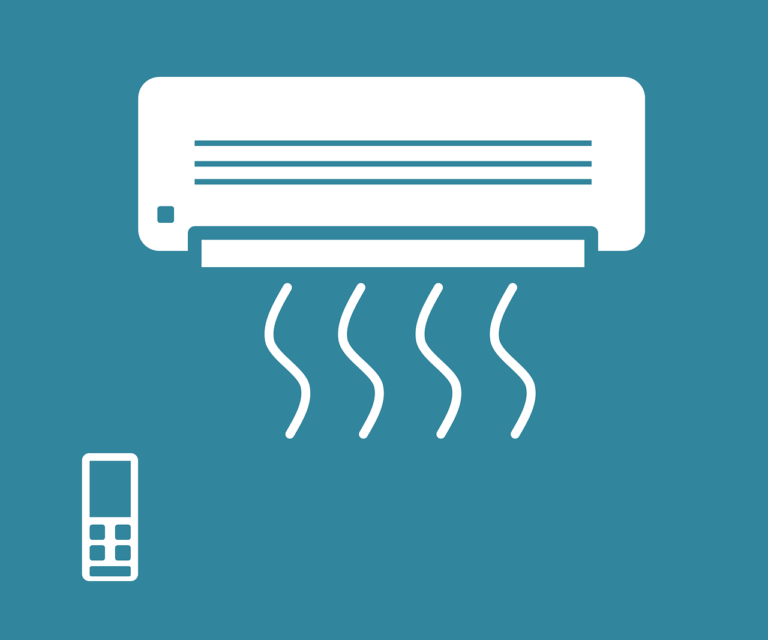Air filtration is the process of removing solid or liquid particles from the air. The benefits of home air filtration include improved indoor air quality, reduced allergy and asthma symptoms, and protection from environmental pollutants.
Indoor air pollution is a major health concern. In the United States, it is estimated that poor indoor air quality contributes to the death of more than 50,000 people each year. Many common household items such as furniture, carpets, cleaning products, and hobby supplies can release harmful pollutants into the air. These pollutants can cause a wide range of health problems, including respiratory illnesses, headaches, nausea, and dizziness.
Air filtration systems can improve indoor air quality by removing these harmful pollutants from the air. Air filters are available in a variety of sizes and styles to suit any home. Some filters are designed to be installed and incorporated into HVAC vents, while others can be placed around the home. Let’s take a closer look at home air filtration.
What are the benefits of installing an air filtration system?

There are many benefits to air filtration, which can improve the overall air quality in a home. One of the most important benefits is that it can help reduce or eliminate allergies and asthma symptoms. Air filtration systems can remove dust, pollen, pet dander, and other allergens from the air. This can help people with allergies to breathe easier and feel more comfortable in their own homes.
Additionally, air filters can help keep your home’s HVAC system running more efficiently by trapping dirt and debris that can build up over time. This will help keep your energy bills down and prolong the life of your HVAC system by preventing it from working harder than it should.
What are the different types of air filtration?

There are four types of home air filtration systems: mechanical filters, activated carbon filters, ozone generators, and electronic air purifiers. Each system has its own benefits and drawbacks.
Mechanical filters are the most common type of air filter. They work by trapping particles in the air as it passes through the filter. The most common type of mechanical filter is a furnace filter, which is used to clean the air that circulates through a home’s heating and cooling system. Mechanical filters can be effective at removing large particles like pollen and dust, but they are not very effective at removing smaller particles like smoke and bacteria.
Activated carbon filters use a special kind of charcoal called activated carbon to remove pollutants from the air. Activated carbon is very porous and can absorb a large number of pollutants. It is often used in water filtration systems to remove chlorine from water and in gas masks to remove toxic gases from the air. Activated carbon filters can also be effective at removing smaller particles like smoke and bacteria from the air.
Ozone generators produce ozone gas, which is then blown into the house’s ventilation system. Ozone gas is a powerful disinfectant that can kill bacteria and viruses in the air. However, ozone gas can also be harmful to humans if they breathe it in over a long period of time. Ozone generators should only be used if there is an existing mold problem in the home because ozone gas is effective at killing mold spores.
Electronic air purifiers use ultraviolet light or high-powered fans to clean the air. Electronic purifiers are effective at removing small particles like smoke and bacteria from the air, but they are not very effective at removing larger particles like pollen and dust.
How can you maintain your home air filter system?
Air filters are an important part of your home’s air filtration system. They catch the dust, pollen, and other particles from the air before they can cause problems for your family’s health. It is important to keep your air filters clean in order to get the most benefit from them.
To clean a disposable air filter, just shake it off or vacuum it if it is a type that can be cleaned. If it is a washable filter, you can either rinse it off with water or use a detergent to clean it. Be sure to let the filter dry completely before putting it back in place.
If you have a disposable air cleaner, you will need to periodically replace the filters in order to keep the unit working properly. The frequency with which you will need to do this depends on how often the unit is used and what type of filters are used. Follow the manufacturer’s instructions for replacement intervals.
Overall, the benefits of home air filtration are vast and important. They include improving the quality of the air you breathe, reducing allergies and asthma symptoms, and helping to keep your home’s HVAC system running more efficiently. By installing an air filtration system, you can improve the air quality in your home and protect your family’s health.





